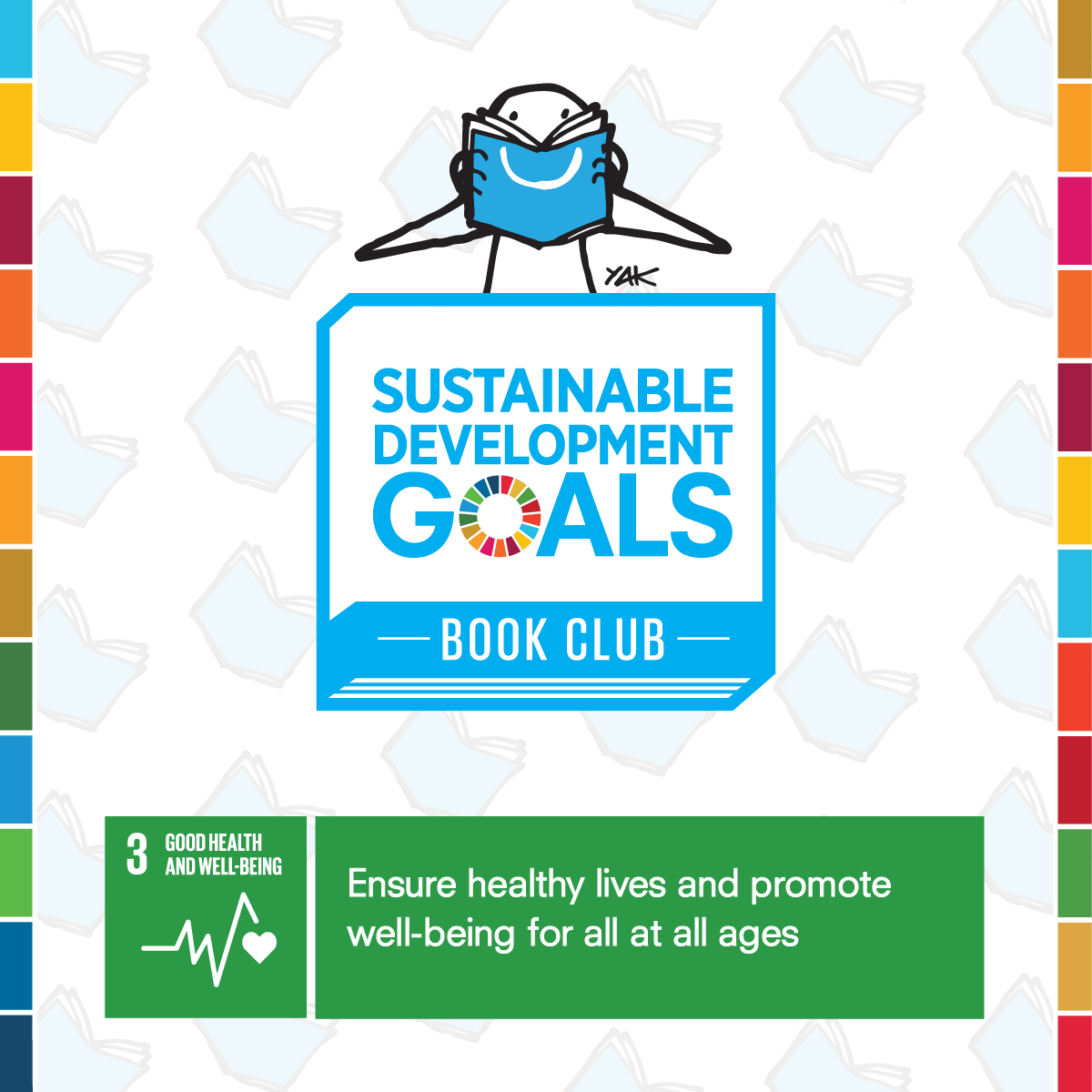July 2019
The #SDGBookClub helps children learn about the Sustainable Development Goals. The book club presents a selection of books for children aged 5-12 on each of the goals. Check out the books that have been selected in support of Goal 3 - Good Health and Wellbeing.
Brightmine,
July 17, 2019
Advancing SDG 8, decent work and economic growth, this podcast takes an in-depth look at how Artificial Intelligence (AI) is playing an increasingly significant role in recruiting and hiring, cybersecurity, payroll and other employment areas.
The SDG National Reporting Initiative was launched to facilitate greater information-sharing on SDG reporting between international, regional, and local communities, furthering SDGs 16 and 17. This report summarises the state of SDG reporting as well as challenges and successes identified during the implementation of the SDG National Reporting Initiative.
Elsevier,
June 20, 2019
Elsevier, the global information and analytics business specializing in science and health, is making over 5,000 subscription articles on climate change freely available for a test period. The articles contribute knowledge to advance Goal 13, Climate Action and are available through Mendeley, the reference manager and academic social network.
Elsevier
Advancing goals 13 and 16, the inaugural World Forum on Climate Justice will bring together leading civil society groups, academics, business representatives, members of the public, and policymakers to foster new thinking and explore pressing topics in climate justice advocacy, research, policy and practice as we adapt to reach the 1.5°C goal.
United Nations Global Compact, June 2019
This report explores the role of business in securing a healthy, productive and well-governed ocean, contributing to SDGs 12, 13 and 14. Private sector innovation and investment, together with strong public and private governance frameworks, could exponentially increase the amount of sustainable resources delivered from the ocean, including healthy food, secure and affordable clean energy, and more efficient and lower-carbon transport.



